Home>Garden Essentials>How Long Does It Take For Sunflower Seeds To Sprout
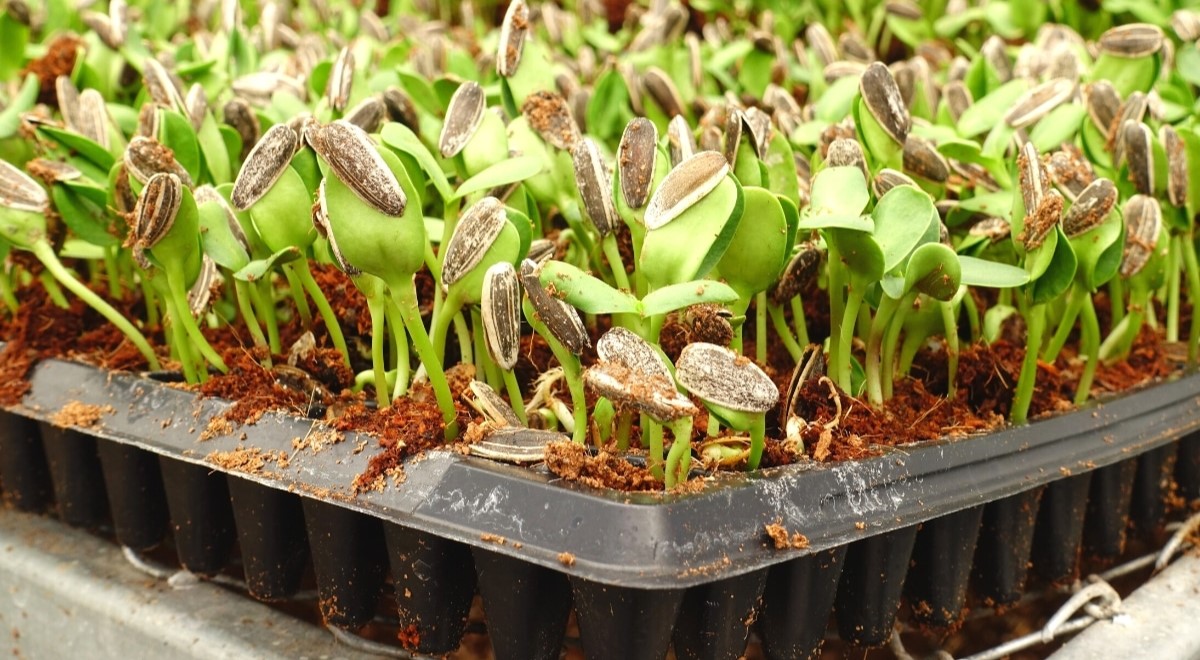

Garden Essentials
How Long Does It Take For Sunflower Seeds To Sprout
Modified: October 18, 2024
Discover how long it takes for sunflower seeds to sprout in your garden. Get expert tips and insights to nurture healthy growth.
(Many of the links in this article redirect to a specific reviewed product. Your purchase of these products through affiliate links helps to generate commission for Storables.com, at no extra cost. Learn more)
Introduction
Sunflowers are not only stunning garden additions, but they also produce delicious seeds that can be enjoyed as a healthy snack. If you have ever tried to grow sunflowers from seeds, you may have wondered how long it takes for those seeds to sprout. Understanding the germination timeline of sunflower seeds is essential for successful gardening.
Germination is the process by which a seed transforms into a seedling. It involves the activation of nutrients within the seed, leading to the emergence of the embryonic plant. Sunflower seed germination is influenced by various factors, including temperature, moisture, soil conditions, and seed viability. Let’s explore these factors and unravel the timeline of sunflower seed germination.
Key Takeaways:
- Sunflower seeds typically take 7 to 14 days to sprout, but some may sprout earlier or later. Factors like temperature, moisture, and seed quality influence the germination timeline.
- To speed up sunflower seed germination, try pre-soaking the seeds, maintaining warm soil, and providing consistent moisture. Troubleshoot common issues like poor germination and seed rot for successful growth.
Read more: How Long Does A Seed Take To Sprout
Factors Influencing Sunflower Seed Germination
Several key factors play a significant role in sunflower seed germination. Understanding and managing these factors can greatly affect the success of your gardening endeavors. Here are the primary factors to consider:
- Temperature: Sunflower seeds require warm soil temperatures for germination. The optimal range is typically between 70°F and 85°F (21°C and 29°C). Cooler temperatures can slow down germination or even prevent it from occurring.
- Moisture: Adequate moisture is crucial for sunflower seed germination. The soil should be damp, but not waterlogged. Consistent moisture levels help soften the seed coat and promote the sprouting process.
- Soil Conditions: Sunflowers thrive in well-draining soil with a pH level between 6.0 and 7.5. Soggy or compacted soil can hinder root development and lead to seed rot. It is best to prepare the soil by loosening it and incorporating organic matter.
- Seed Viability: The quality and age of the sunflower seeds can significantly impact germination rates. Fresh, high-quality seeds will have a higher chance of successful germination compared to older or damaged seeds. Ideally, purchase seeds from reputable suppliers or harvest them from healthy sunflower heads.
- Light: While some seeds require light to germinate, sunflower seeds are not light-dependent. They can germinate in both light and dark conditions. However, providing a well-lit environment after germination will help promote the growth of healthy seedlings.
- Depth of Planting: Sunflower seeds should be planted at a depth of around 1 to 1.5 inches (2.5 to 3.8 centimeters). Planting too shallow or too deep can affect moisture absorption and may hinder germination.
By optimizing these factors, you can create the ideal conditions for sunflower seed germination and set the stage for healthy and robust sunflower plants.
Germination Timeline for Sunflower Seeds
The germination timeline for sunflower seeds can vary depending on environmental conditions and seed quality. On average, sunflower seeds typically take around 7 to 14 days to germinate under optimal conditions. However, it’s important to note that some seeds may sprout earlier, while others may take longer.
Here is a general timeline of the different stages of sunflower seed germination:
- Day 1-3: Absorption Stage
- Day 3-7: Radicle Emergence
- Day 7-10: Cotyledon Emergence
- Day 10-14: True Leaf Development
During the first few days, the sunflower seeds will absorb moisture from the soil, causing them to swell and soften. This is a critical stage as it prepares the seeds for the next phase of germination.
After absorbing sufficient moisture, the radicle (embryonic root) will begin to emerge from the seed. It will grow downwards into the soil, anchoring the seedling and absorbing water and nutrients.
During this stage, the cotyledons (seed leaves) will push through the soil surface. These initial leaves are responsible for nourishing the seedling until true leaves develop. At this point, the sunflower seedling starts to photosynthesize and gain energy.
By day 10 to 14, the seedling will have developed its first true leaves. These leaves differ from the cotyledons in shape and are a sign of the seedling’s transition into a young sunflower plant. The plant will continue to grow and mature as long as proper care is provided.
Keep in mind that these timelines are approximate and can vary depending on factors such as temperature, moisture levels, and seed quality. It’s crucial to monitor the progress of your sunflower seeds regularly to ensure they are on the right track.
Additionally, it’s important to note that not all seeds will germinate successfully. Some may fail due to various reasons, including poor seed quality or unfavorable conditions. Therefore, it is recommended to plant a few extra seeds to compensate for any potential failures.
Understanding the germination timeline can help you plan and anticipate the growth of your sunflower plants. Patience and consistent care during this process will lead to healthy and vibrant sunflowers in your garden.
Sunflower seeds typically take 7-10 days to sprout when planted in well-drained soil and watered regularly. Keep the soil moist but not waterlogged for best results.
Tips for Speeding up Sunflower Seed Germination
If you’re eager to see your sunflower seeds sprout and grow into beautiful plants, there are a few tips and tricks you can follow to help speed up the germination process. Here are some effective methods to enhance sunflower seed germination:
- Pre-soaking: Consider soaking your sunflower seeds in water for 24 hours before planting. This can help soften the seed coat and promote faster germination.
- Warm soil: Ensure that the soil temperature remains within the optimal range of 70°F to 85°F (21°C to 29°C). You can use a soil thermometer to monitor the temperature and provide additional warmth through the use of heating mats or greenhouse structures.
- Moisture consistency: Maintain consistent moisture levels in the soil throughout the germination process. Avoid overwatering, as it can lead to fungal diseases or seed rot. Use a spray bottle to lightly mist the soil surface if necessary.
- Stratification: Some sunflower varieties benefit from a period of cold stratification before planting. This mimics the natural conditions that sunflower seeds experience during winter. Simply place the seeds in a damp paper towel and refrigerate them for 7 to 10 days before planting.
- Scarification: Some sunflower seed varieties have hard seed coats that can hinder germination. To overcome this, you can gently file or nick the seed coat with a small knife or sandpaper. This process, known as scarification, allows water to penetrate the seed more easily and speeds up germination.
- Proper spacing: When planting sunflower seeds, ensure that you provide sufficient space between each seed, as overcrowding can delay germination. This allows each seedling to receive adequate sunlight and nutrients.
- Light exposure: While sunflower seeds do not require light to germinate, providing them with adequate light after germination can help promote faster growth. Place the seedlings in a sunny location or use grow lights to provide them with the necessary light energy.
By implementing these tips, you can significantly speed up the germination process and enjoy the sight of sprouting sunflower seedlings in no time. Remember to maintain regular care and provide the necessary growing conditions to ensure healthy growth and a vibrant sunflower garden.
Common Problems and Troubleshooting
While growing sunflowers from seeds can be a rewarding experience, several common problems may arise during the germination process. Understanding these issues and implementing appropriate troubleshooting steps can help ensure successful seed germination. Here are some common problems and their solutions:
- Poor Germination: If your sunflower seeds are not germinating or if germination rates are low, it could indicate poor seed quality or unfavorable growing conditions. Check the viability of the seeds by performing a seed germination test before planting. Ensure that you have provided optimal conditions, such as proper temperature, moisture, and soil quality.
- Seed Rot: Excessive moisture or poorly drained soil can lead to seed rot, causing sunflower seeds to decay before germination. To prevent seed rot, ensure that the soil has good drainage, and avoid overwatering. If you notice discolored or mushy seeds, remove them to prevent the spread of disease.
- Damping-off: Damping-off is a fungal disease that can affect sunflower seedlings, causing them to wilt and collapse. To prevent damping-off, ensure proper air circulation, avoid overwatering, and use sterile soil or potting mix for planting. If you encounter damping-off, remove the affected seedlings and improve cultural practices to prevent further infection.
- Pest Damage: Common pests, such as slugs, snails, and birds, may feed on sunflower seeds or seedlings, causing damage or hindering germination. Implement pest control measures, such as using barriers or organic pest control methods, to protect your sunflower plants.
- Weed Competition: Weeds can compete with young sunflower seedlings for nutrients, light, and water. Keep the planting area free from weeds by regularly removing them or using mulch to suppress weed growth.
- Transplanting Shock: If you start sunflower seeds indoors and then transplant them outdoors, seedlings may experience transplanting shock. To minimize shock, harden off the seedlings by gradually exposing them to outdoor conditions for a few days before transplanting. Handle the seedlings carefully to minimize root damage during the transplanting process.
By being vigilant and proactive in identifying and addressing these common problems, you can increase the chances of successful sunflower seed germination. Regular monitoring, proper care, and timely intervention can help you overcome challenges and cultivate healthy sunflowers.
Conclusion
Growing sunflowers from seeds can be a delightful and rewarding experience, especially when you witness the sprouting of those tiny seeds into beautiful and vibrant sunflower plants. Understanding the factors that influence sunflower seed germination and implementing the right techniques can significantly impact the success of your gardening endeavors.
Factors such as temperature, moisture, soil conditions, and seed viability play a crucial role in sunflower seed germination. By providing optimal conditions and taking steps to speed up germination, you can enhance the success rate and enjoy quicker results.
Throughout the germination process, it is important to troubleshoot common problems that may arise, such as poor germination, seed rot, damping-off, pest damage, and weed competition. By promptly identifying and addressing these issues, you can maximize the chances of a successful germination and ensure the healthy growth of your sunflower plants.
Remember to be patient and provide consistent care during the germination period. While the germination timeline for sunflower seeds can vary, typically taking 7 to 14 days, some seeds may sprout earlier, while others may take longer. Continue to monitor the progress of your seeds and adjust the growing conditions as needed.
With proper care and attention, you will witness the transformation of sunflower seeds into beautiful sunflower plants that will brighten up your garden and provide you with delightful seeds to enjoy as a healthy snack. So start planting those sunflower seeds and embark on a rewarding gardening journey!
Frequently Asked Questions about How Long Does It Take For Sunflower Seeds To Sprout
Was this page helpful?
At Storables.com, we guarantee accurate and reliable information. Our content, validated by Expert Board Contributors, is crafted following stringent Editorial Policies. We're committed to providing you with well-researched, expert-backed insights for all your informational needs.
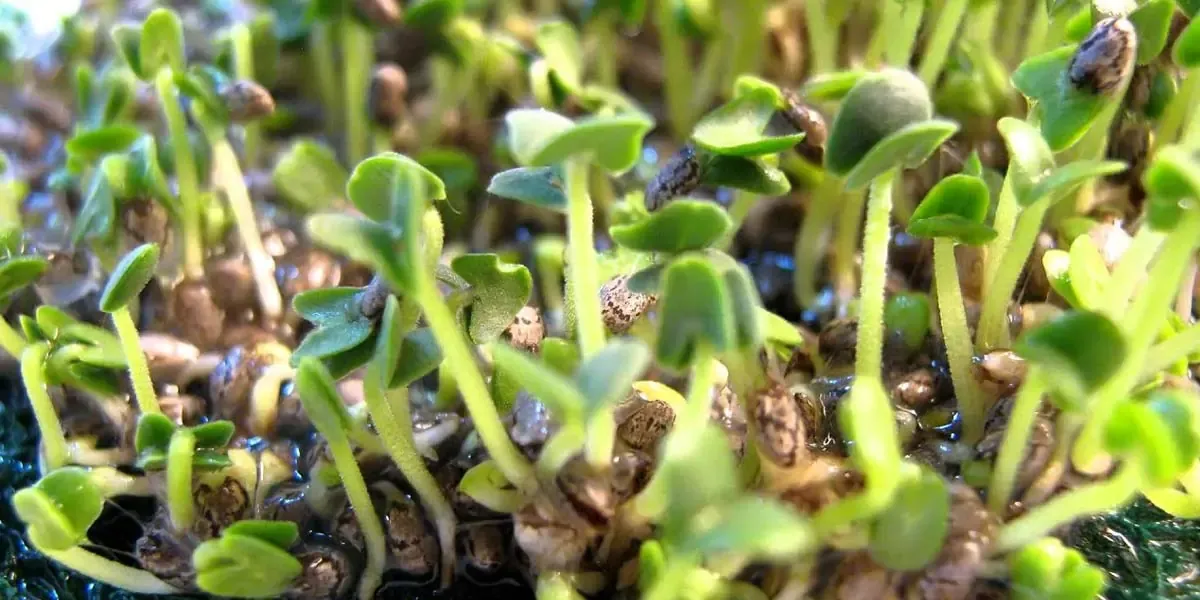
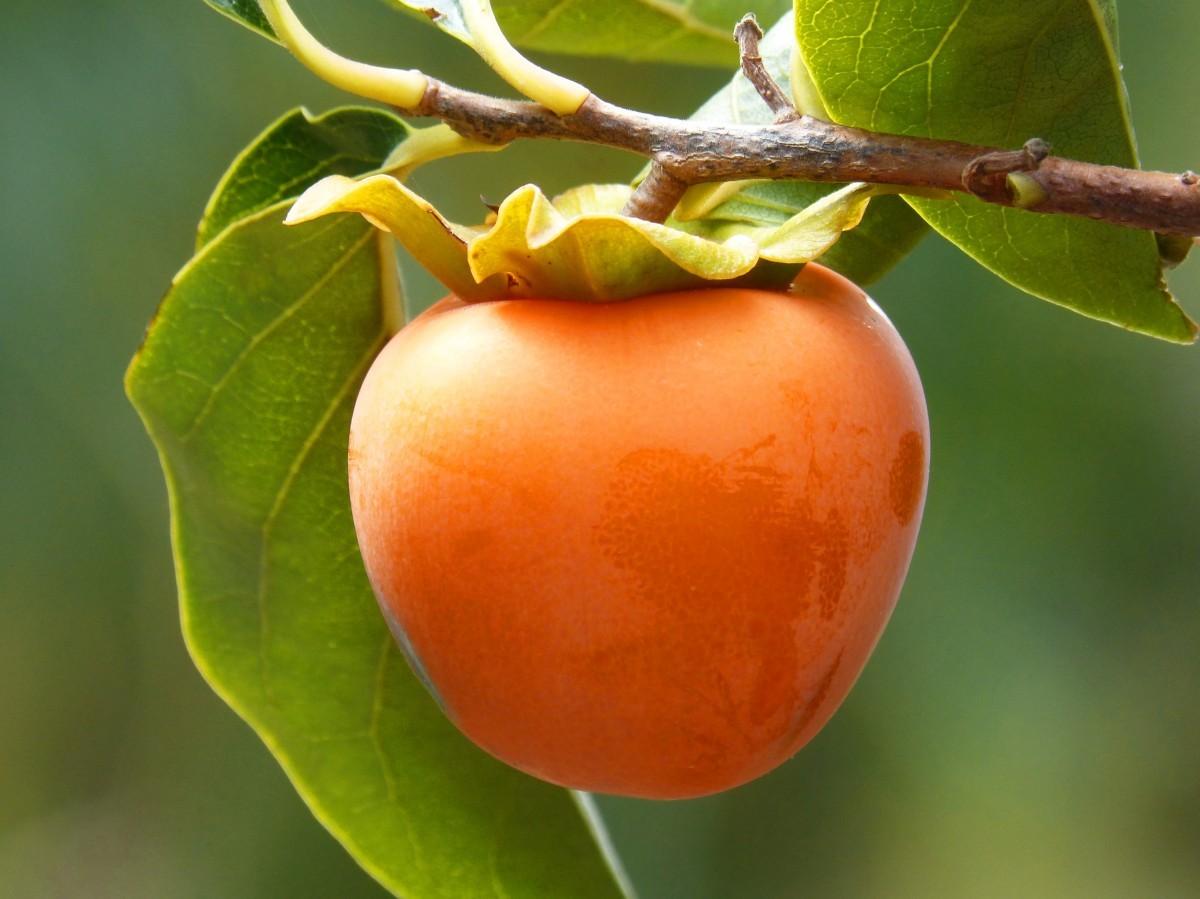
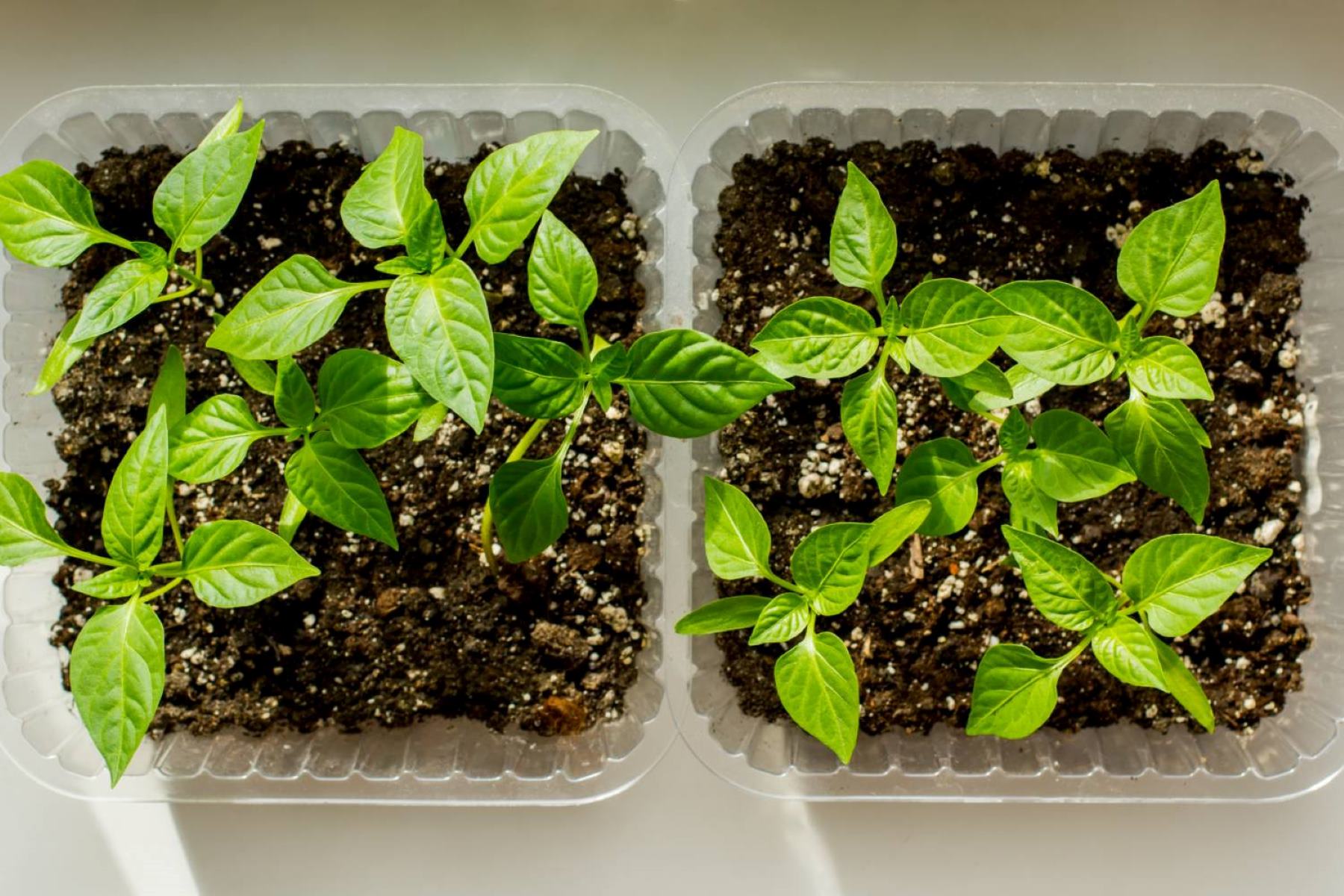
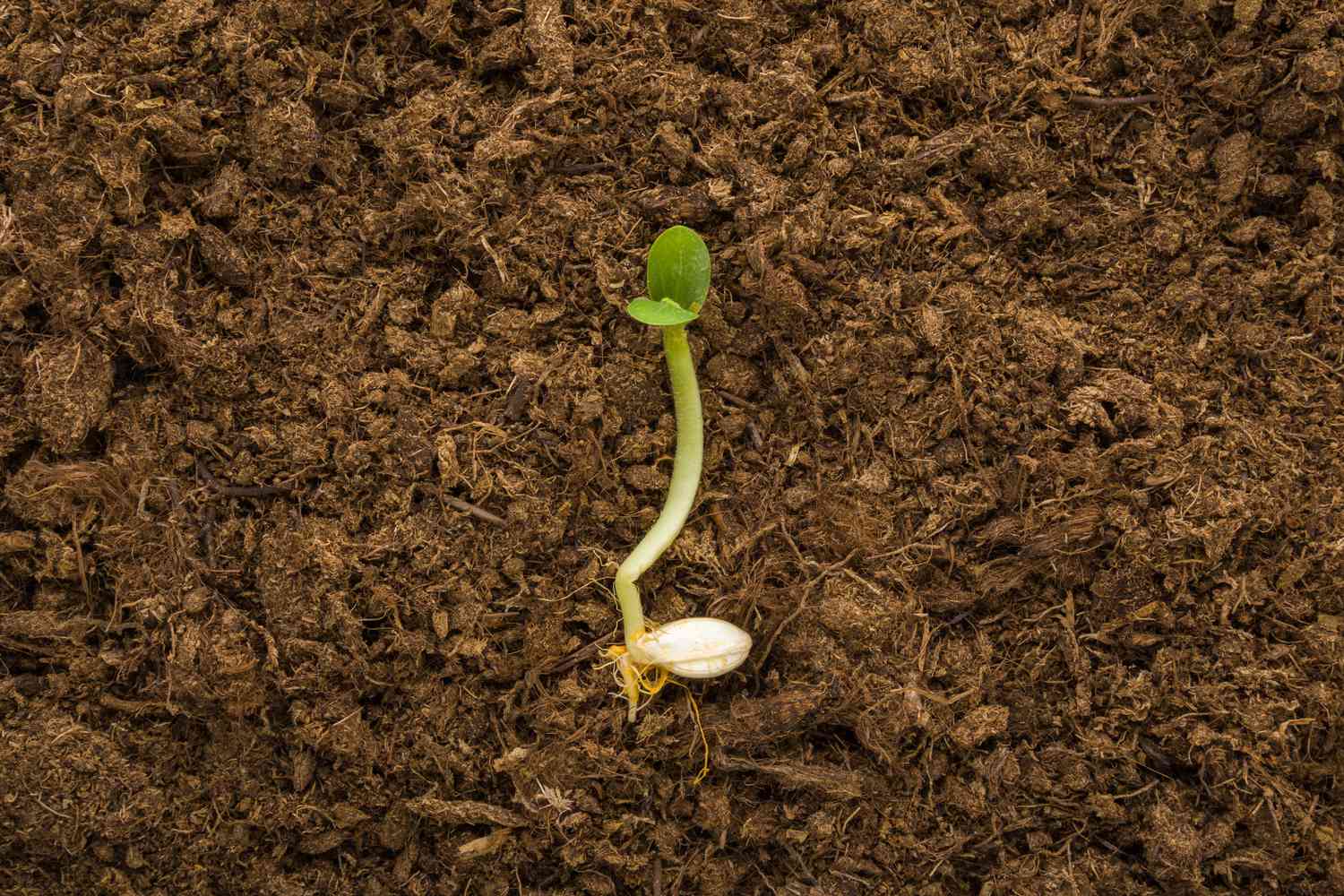
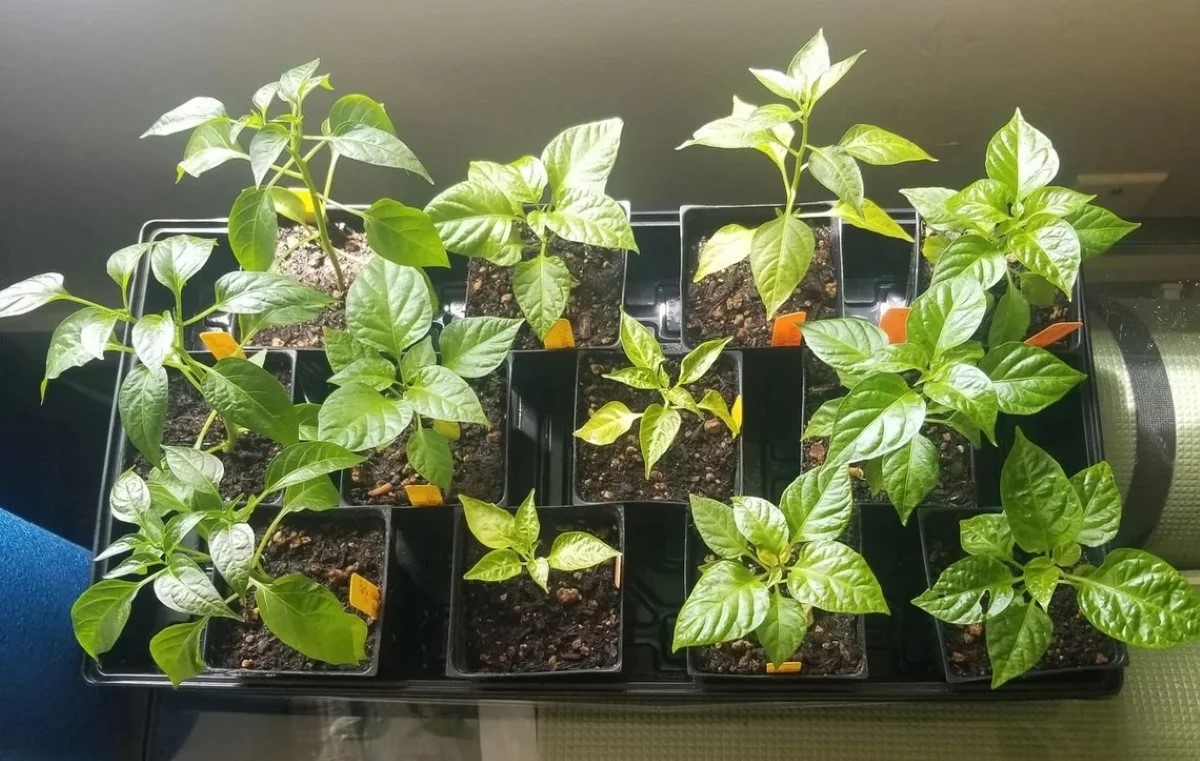
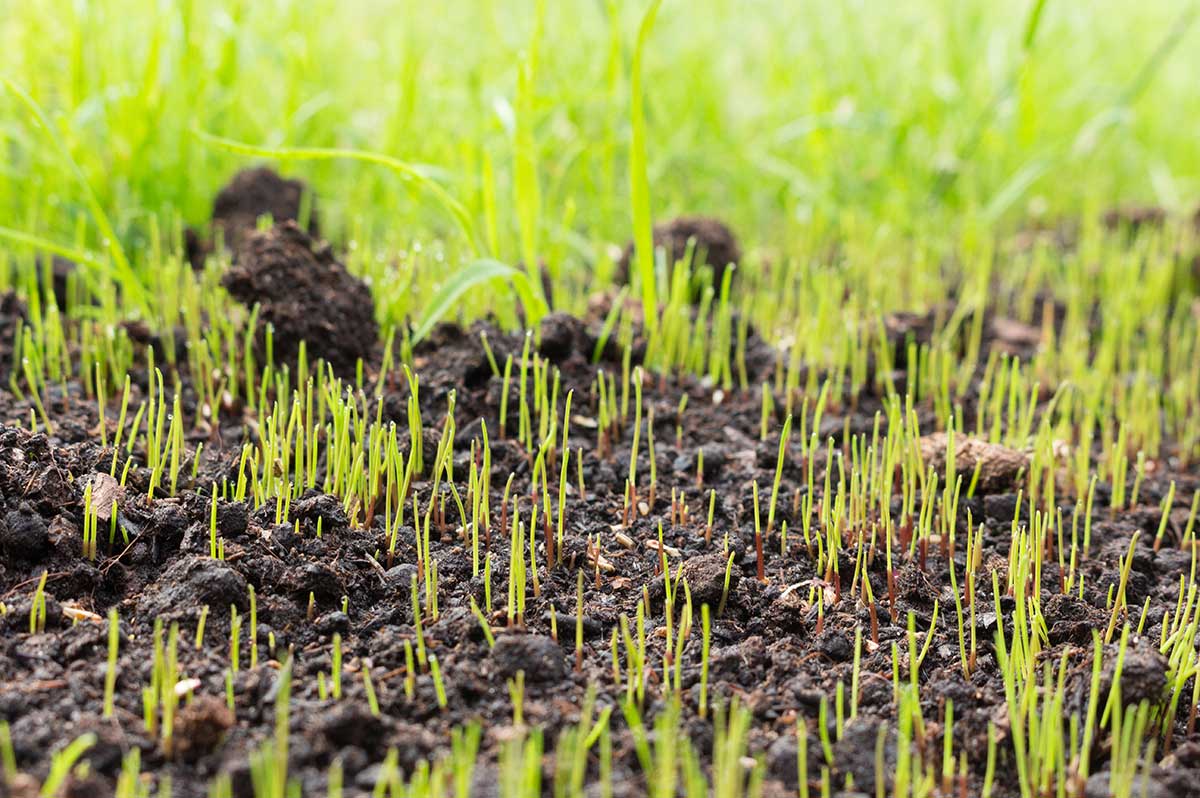
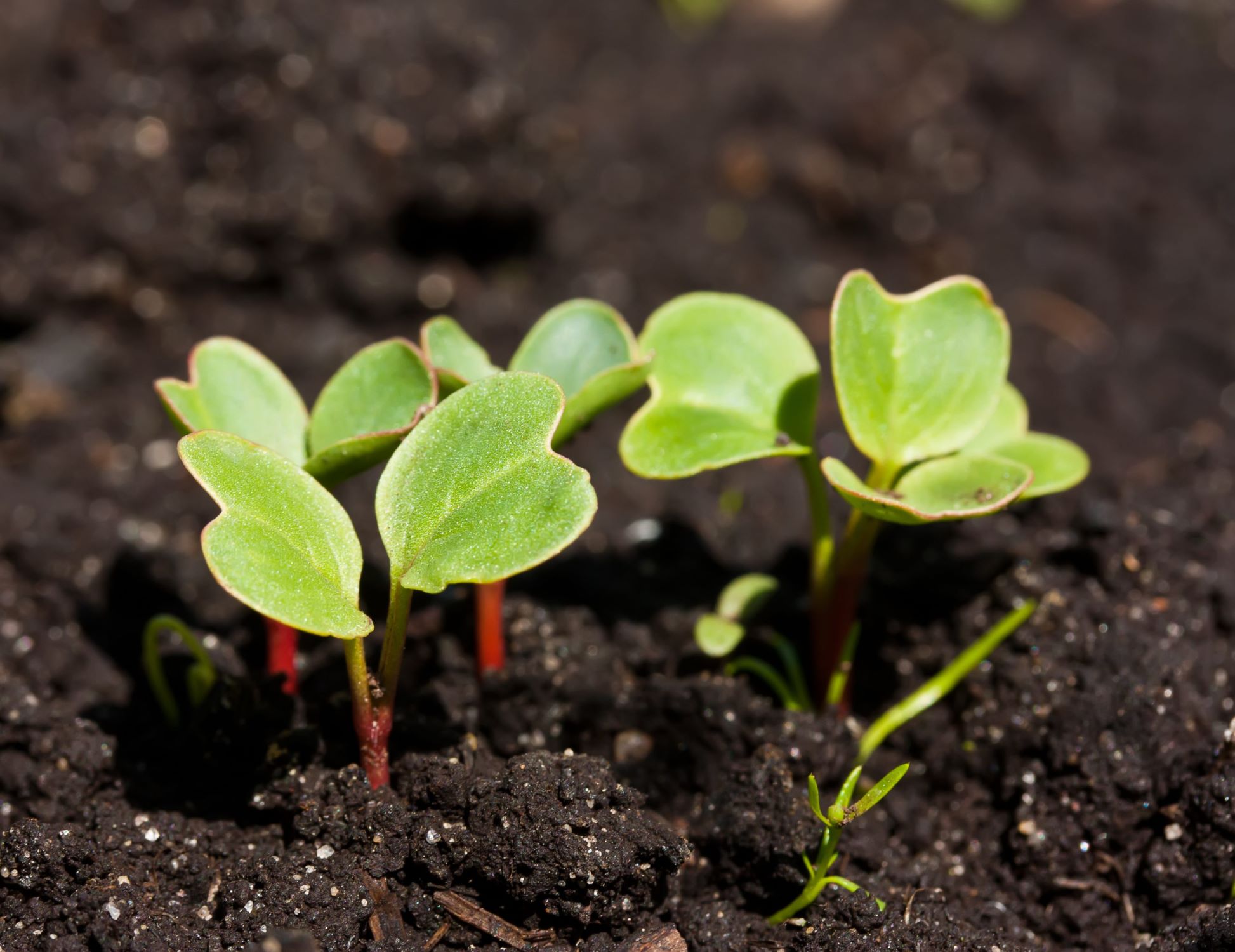
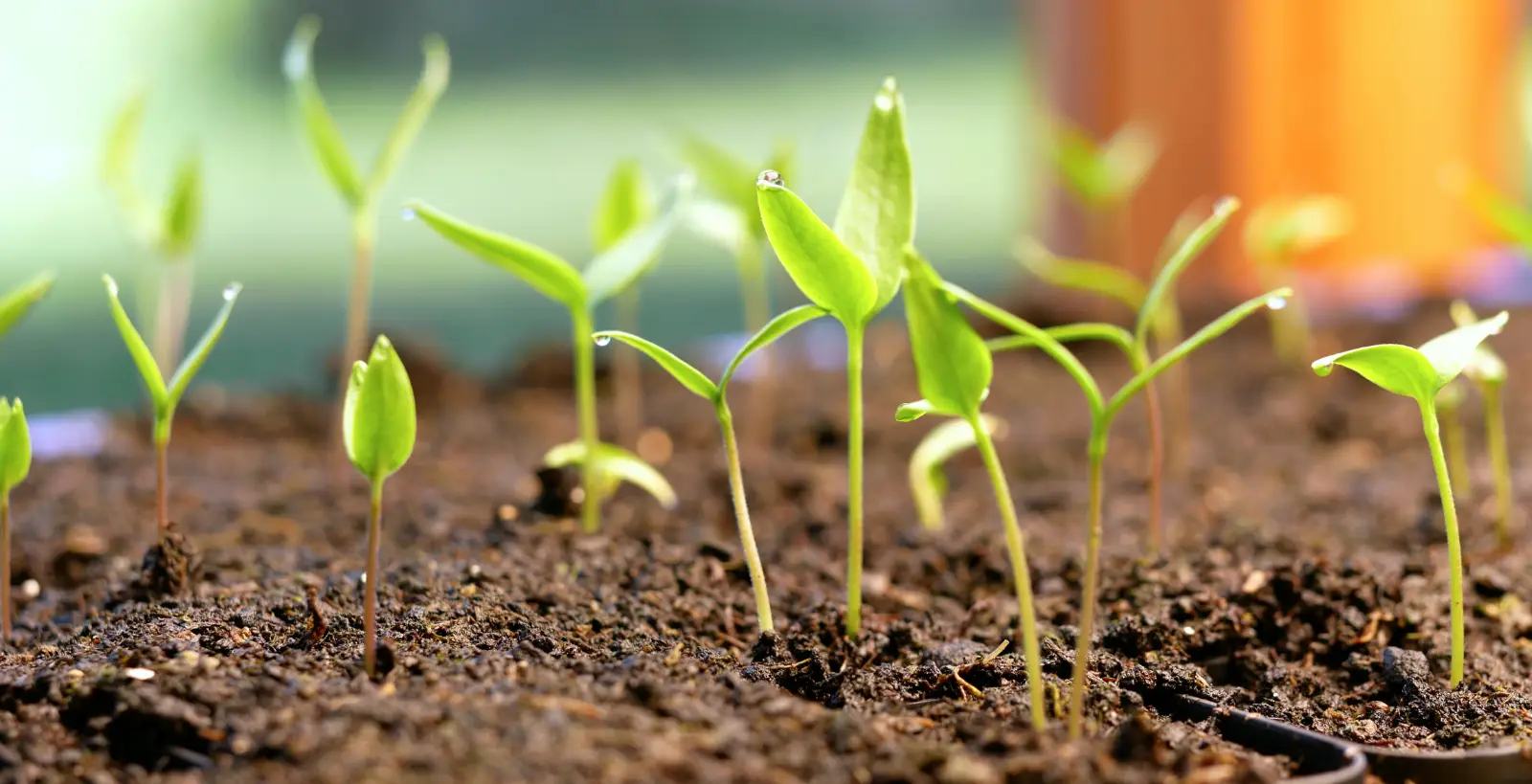

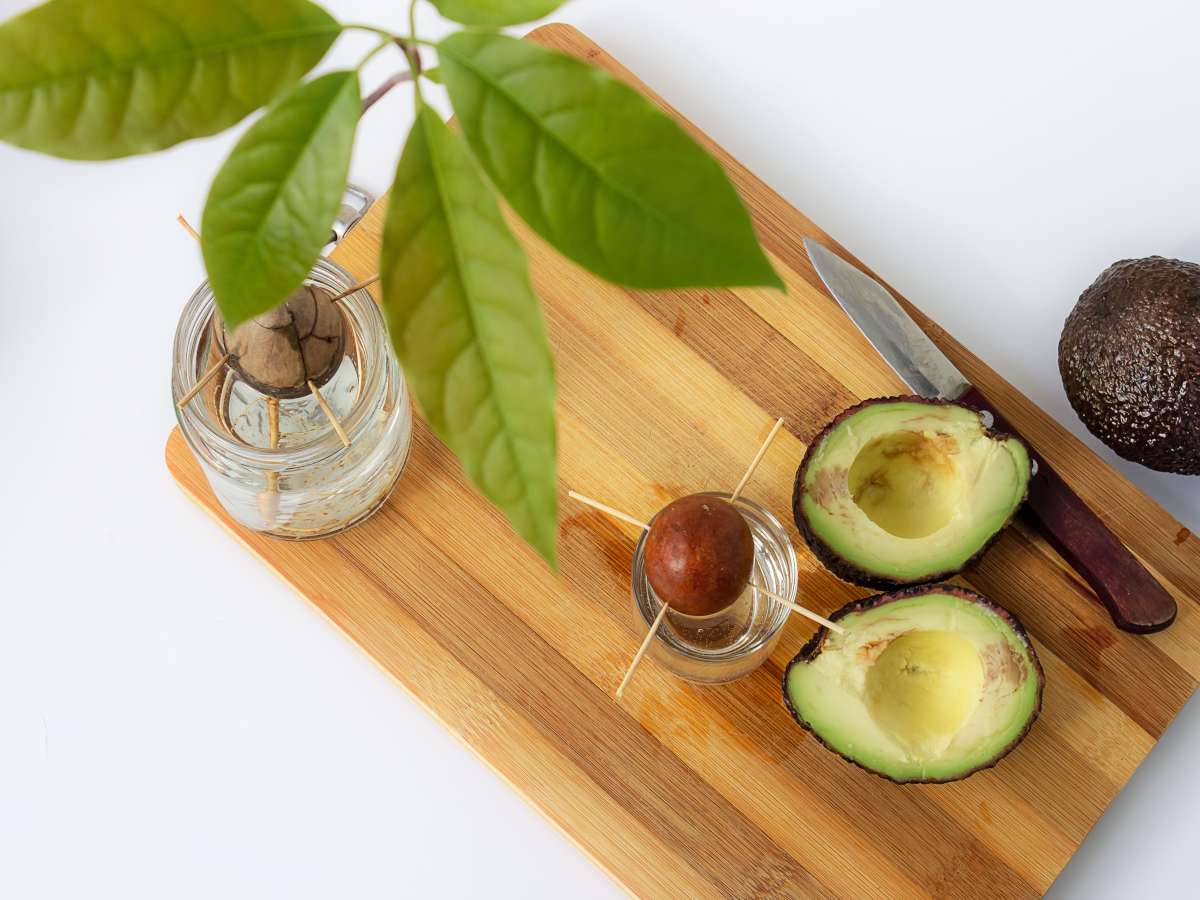
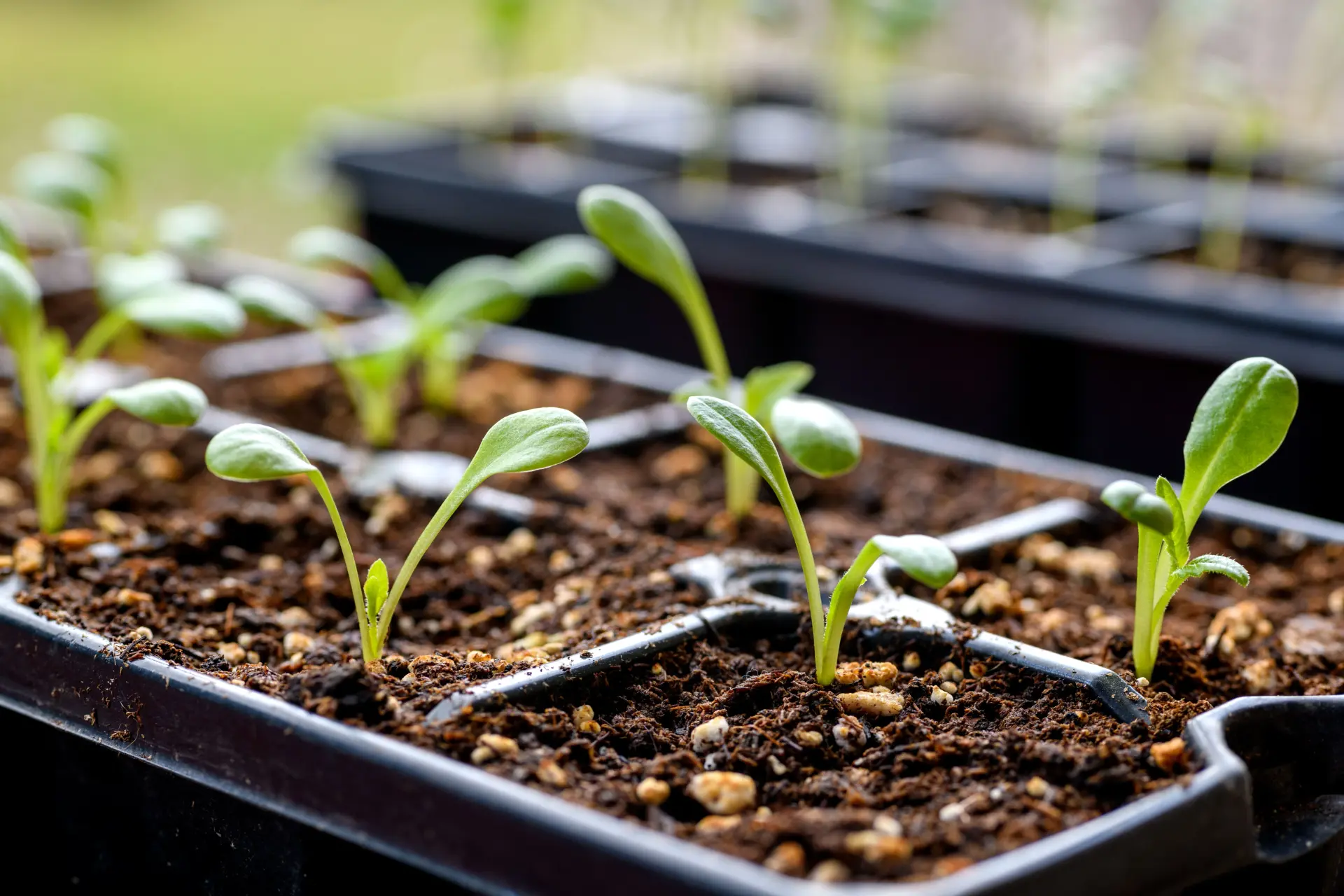
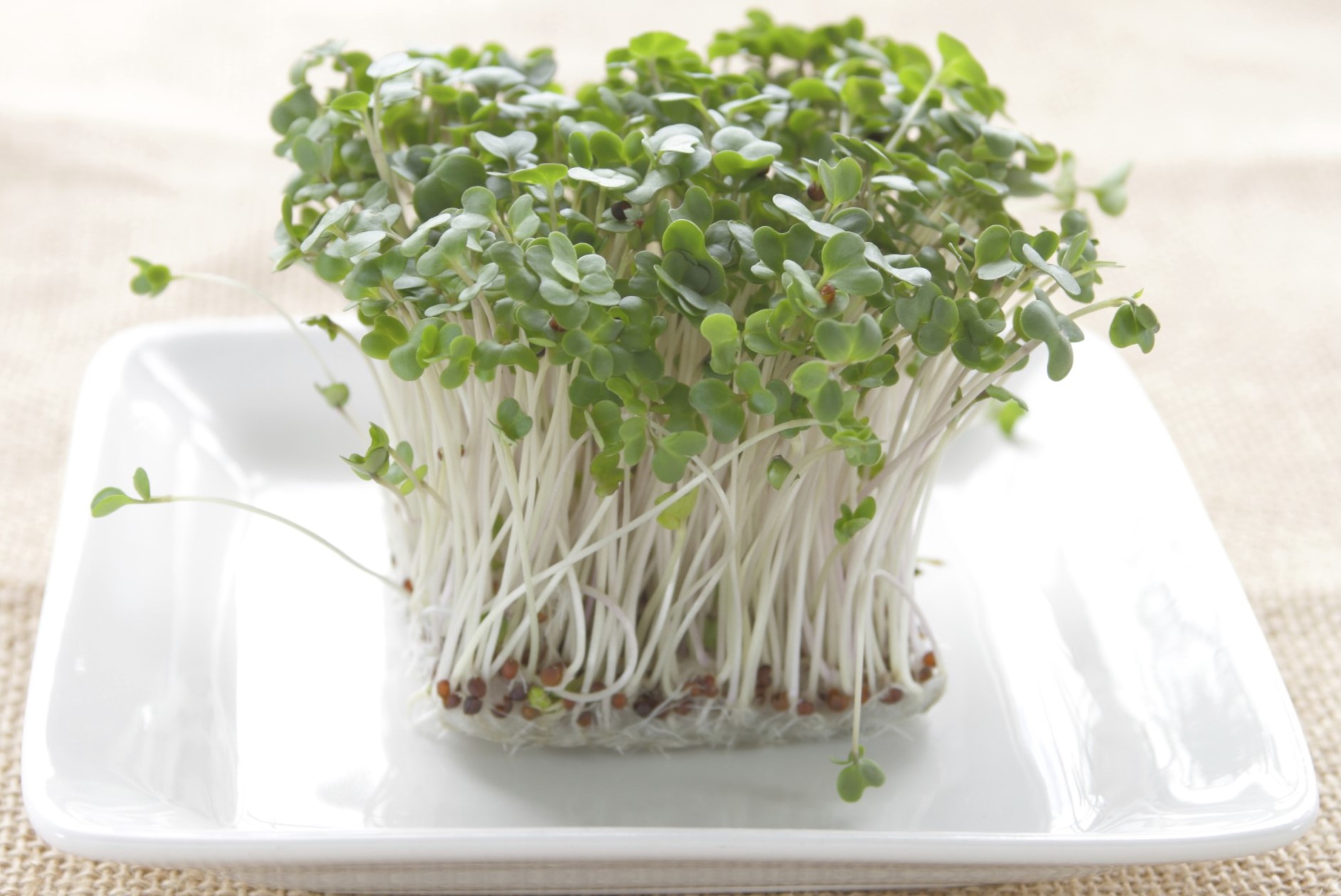
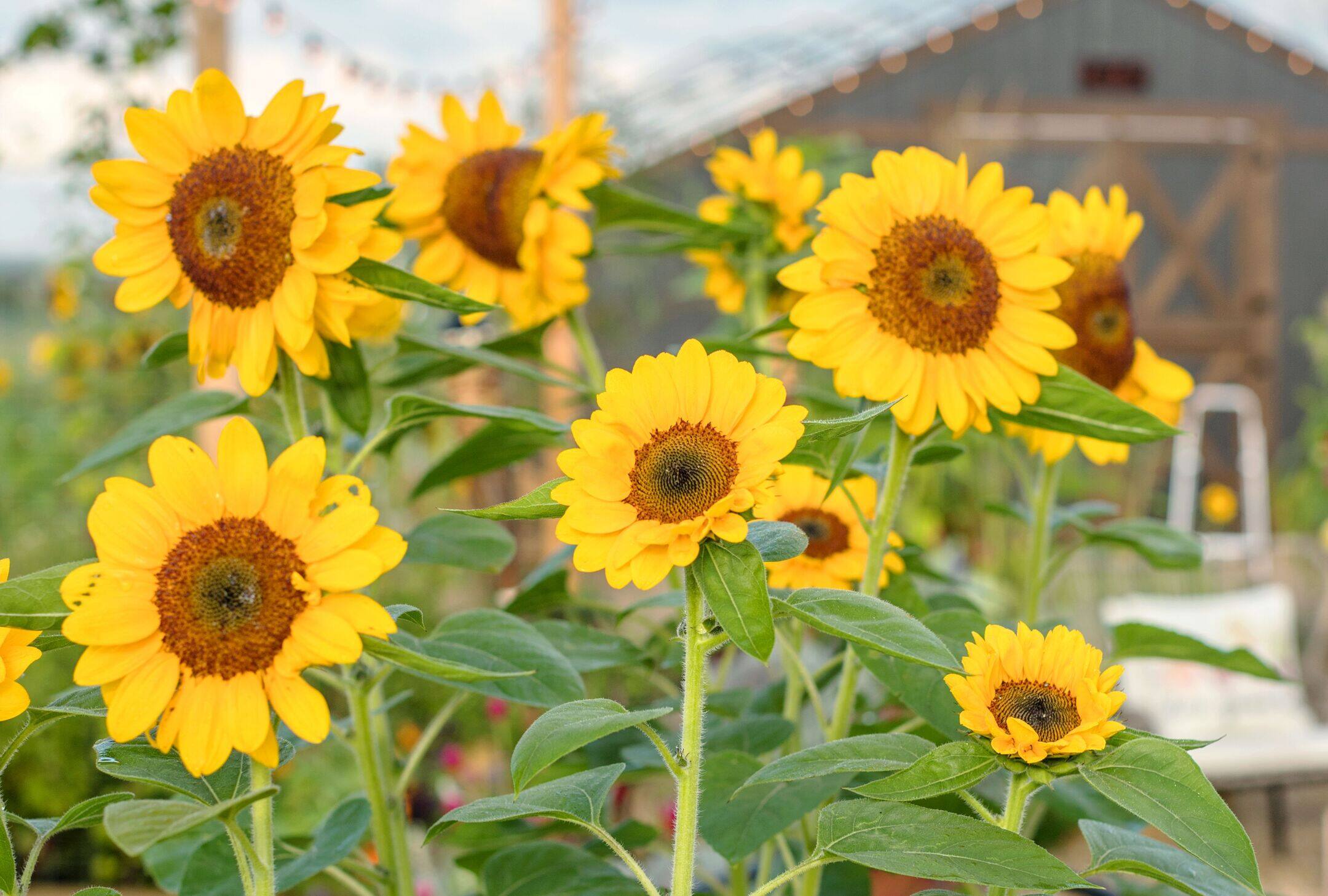
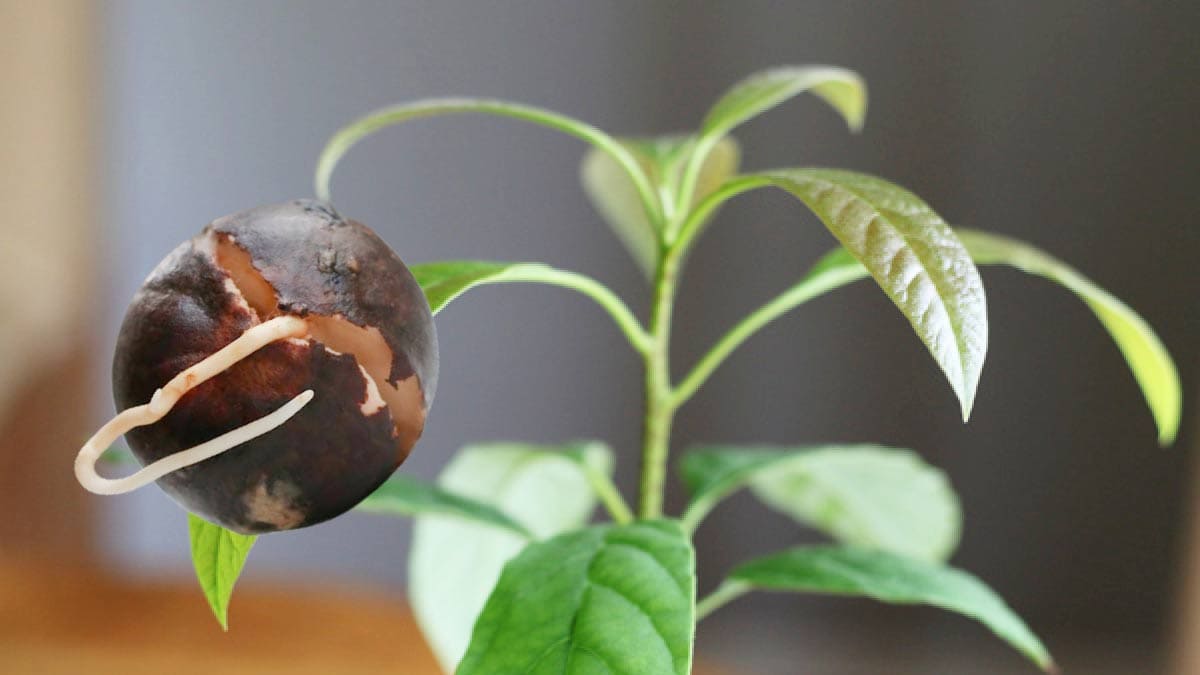

0 thoughts on “How Long Does It Take For Sunflower Seeds To Sprout”